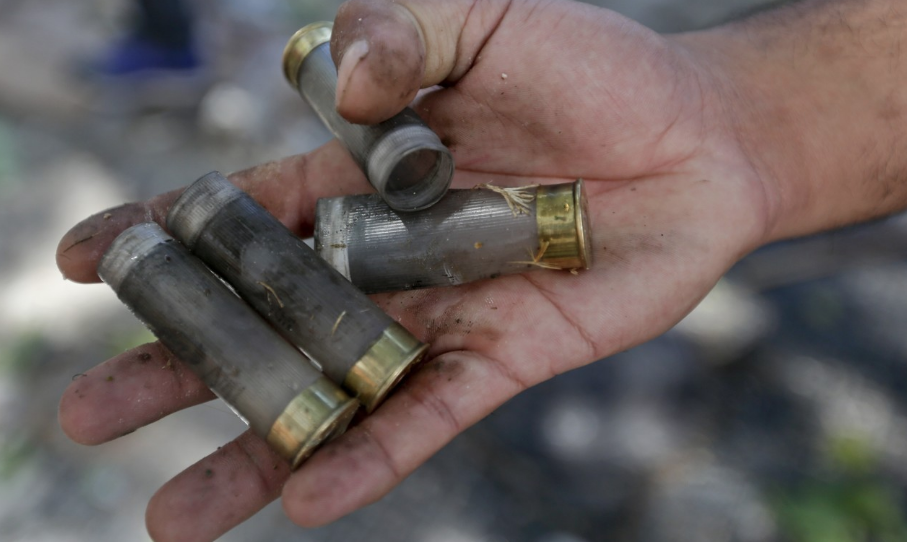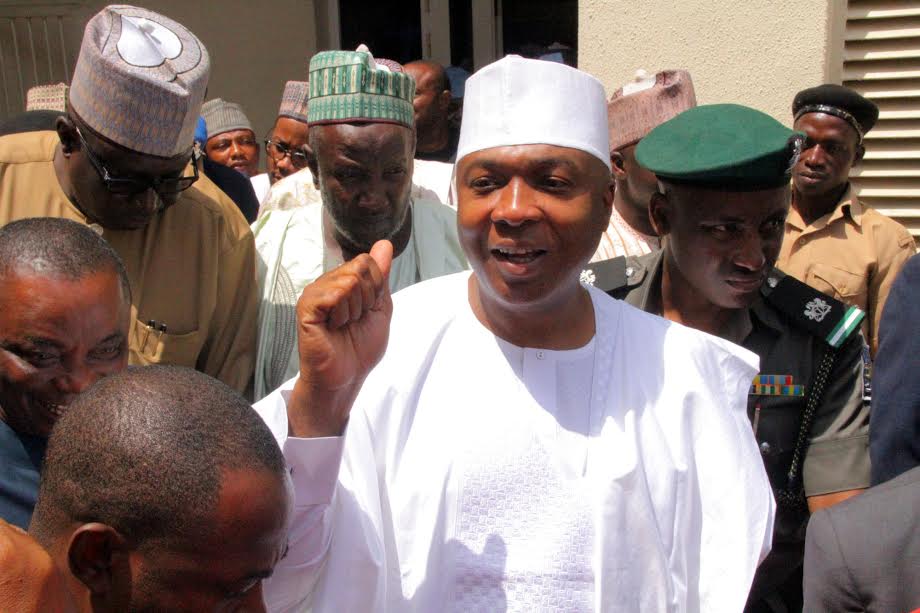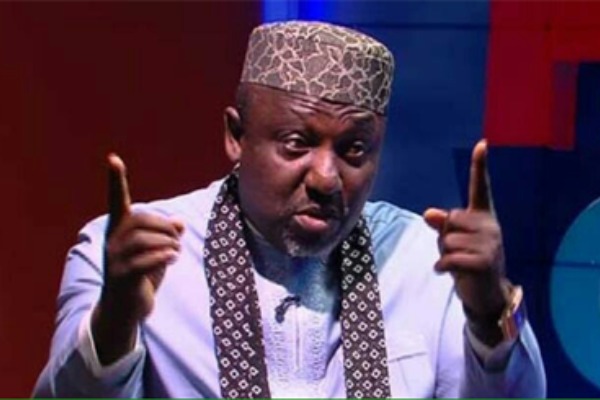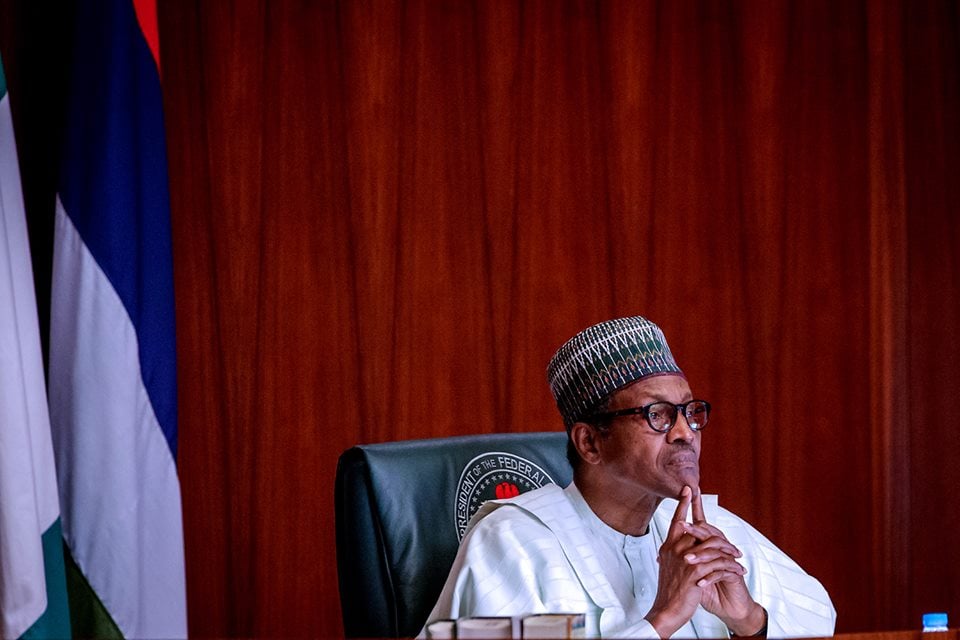From historical heights of civility and decency, national conversation in the United States in recent weeks morphed into being rigged with pipe bombs as the country heads into mid-term elections this week.
In the 2018 midterms, Americans will vote for all 435 members of their House of Representatives and 35 members of the Senate. They will also elect by direct vote (as opposed to electoral college for the presidency) many state and local representatives, including 39 governors – in 36 of the 50 homeland states and in three U.S. territories. The presidency is not up for grabs in this election, but the outcomes regarding Congressional seats being contested will strongly define that office in the remaining two years of the present tenure.
Although Election Day by constitutional prescription is the Tuesday after the first Monday in November in an election year, which in the present instance falls on November 6, voters in 37 states and the District of Columbia (D.C.) have been casting their ballots prior to Election Day through a process known as early voting. Ahead of the poll, however, national discourse in the country, which over the ages has been the epitome of liberal democracy, was swamped in the threat of violence as pipe bombs targeted at critics of President Donald Trump and some other prominent members of the Democratic Party – Trump being a Republican – stalked through the U.S. mail system.
Two Fridays ago, an avowed Trump supporter, 56-year-old Cesar Sayoc, was charged in court with sending out the pyrotechnic devices. His targets included Trump’s predecessors, Barack Obama and Bill Clinton with his wife, Hillary, who was Democratic candidate in the 2016 presidential election. Frontline cable network, CNN, was as well targeted.
Advertisement
Secret service and intelligence personnel intercepted fourteen devices in the mail before Sayoc was tackled down. Even then, law enforcement officials weren’t sure they’ve fished out the last of the pipe bombs, as they reported that the suspect was found with a list of personalities who investigators believed might be targets. As such, they did not foreclose that he may have sent out more of the suspected packages, and that some may yet be lurking out there in the mail system.
Of the packages intercepted, other addressees include former Vice President Joe Biden, former Director of National Intelligence James Clapper, former CIA Director John Brennan, former Attorney-General Eric Holder, billionaire businessman and Democratic donor George Soros, top Democratic Senator Cory Booker, California Democratic Congresswoman Maxine Waters and actor Robert De Niro. The sender used the Florida office of Democratic Representative Debbie Wasserman Schultz as return address on some wrongly directed mails, making her as well a target of the pipe bombs.
After Sayoc was arrested at an auto parts shop in Florida, security agents removed a van linked to him that was plastered with political stickers celebrating Republicans and denouncing Trump’s opponents. Attorney-General Jeff Sessions confirmed the suspect’s political bent when asked why most of Sayoc’s alleged targets were Democrats. “He appears to be a partisan,” Sessions said. But he made clear that the law is neutral, saying: “Let this be a lesson to anyone, regardless of their political beliefs, that we will bring the full force of law against anyone who attempts to use threats, intimidation and outright violence to further an agenda.”
Advertisement
Critics had often accused Trump, for whom Sayoc appears to have self-enlisted as a lone wolf hit man, of fomenting violence by deploying extreme rhetoric against opponents and the media. But the president, following the bomb threats, denounced “terrorizing acts” and called for national unity. “We must never allow political violence to take root in America,” he said. At another event, he enjoined toning down the acerbity of national discourse, saying: “Everyone will benefit if we can end the politics of personal destruction. We must unify as a nation in peace, love and harmony. Political violence must never be allowed in America.”
Only that the American leader could hardly hold up the rapprochement front. Because moments later, he lambasted the media and Democratic opponents. Rallying with supporters in North Carolina, he castigated journalists lined up in front of him. “We have seen an effort by the media…to use the sinister acts of one individual to score political points against me and the Republican Party,” he said, inciting loud chants of “CNN sucks” from the crowd. Trump also reenacted his vitriolic jibes against opponents, calling Hillary Clinton “Crooked Hillary” and provoking loud chants of “Lock her up!” from the crowd. He denigrated Democratic Senate minority leader as “Cryin’ Chuck Schumer,” and slammed Schumer’s equivalent in the House of Representatives, Nancy Pelosi. He barely held back though from attacking Congress member Maxine Waters, whom he had frequently described in public as having “low IQ,” saying: “I’m gong to be nice tonight, so I won’t say it.”
The American experience of pipe bombs in their mail system showed just how polarising rhetoric by leaders could take a people into violence zone. That country was lucky to avert the worst – has it really? – because of the efficacy of its security architecture, and perhaps because the incivility of the present dispensation is largely alien to the historical tone of its national discourse. Nigeria unfortunately lacks such in-built safety valves, and yet extreme and divisive rhetoric characterise our national conversation. This is one heady voyage that it is in our enlightened self-interest as a nation to dial back from.
President Muhammadu Buhari perhaps had fears as this when, last week, he pleaded with political actors to exhibit decorum in their conduct and utterances and not fan embers of disunity as the country heads into campaigns for the 2019 general election. Speaking while flagging off the 2019 Armed Forces Remembrance Day emblem and appeal fund, he said: “We would have no country to lead if our acts of deliberate incitement lead to the disintegration of our dear nation…Let us put Nigeria first and realise that in every contest there must be one winner.”
Advertisement
This is a call that the political class by all means needs to heed. Pipe bomb conversations in our country, metaphorically speaking, aren’t limited to election matters though. Besides the desperation that typically characterises politics and fuels violence, there are other polarising issues that trouble the nationhood. There is, for instance, the recurrence of killer herdsmen that has made raw ethno-religious fault lines, which hitherto were embedded. And more recently, there was the Shi’ite showdown with military personnel in the federal capital, and the high-toll communal clashes in Kaduna State. As regards the latter, I last week saw a viral video clip in which a frontline clergyman, obviously in righteous anger, just about called his congregation to arms over the state government’s handling of the Kaduna clashes that he perceived grossly inequitable.
These are the stuff of which pipe bombs – as metaphor for all-consuming violence – are made. The moral here is that this tendency gets inspired when leaders instigate their supporters to take matters into their own hands. And so, it is important that leaders, both within and outside the sphere of politics, always endeavour to save the country going that road.
Please join me on kayodeidowu.blogspot.be for conversation.
Advertisement
Views expressed by contributors are strictly personal and not of TheCable.
Add a comment







